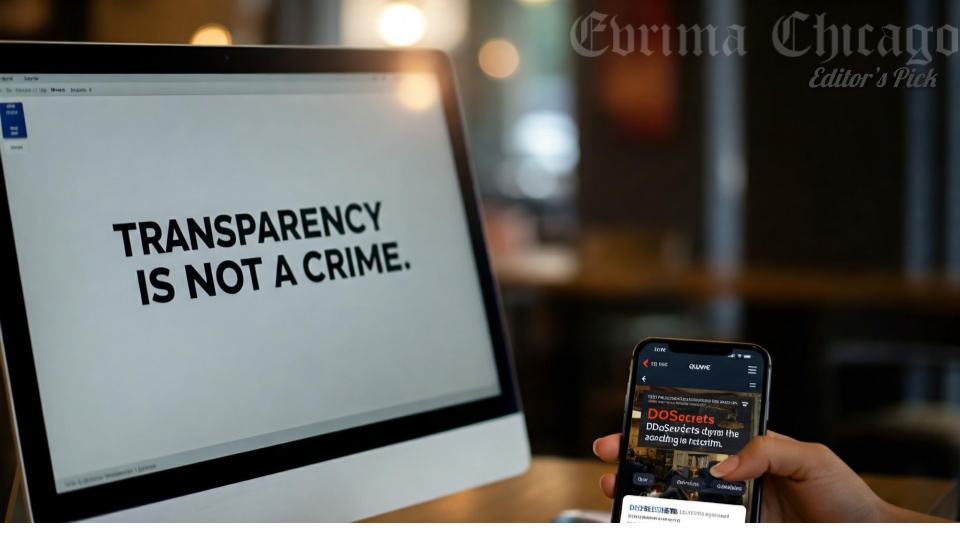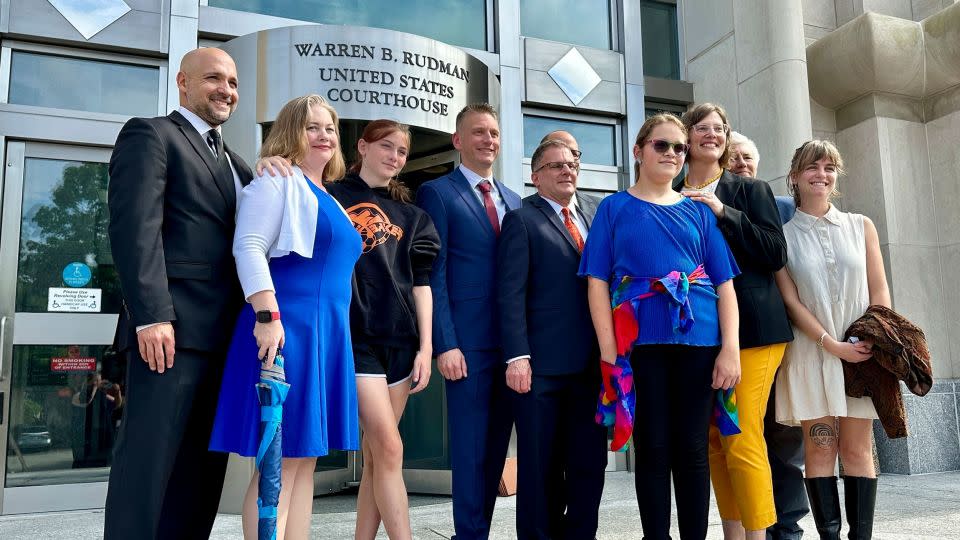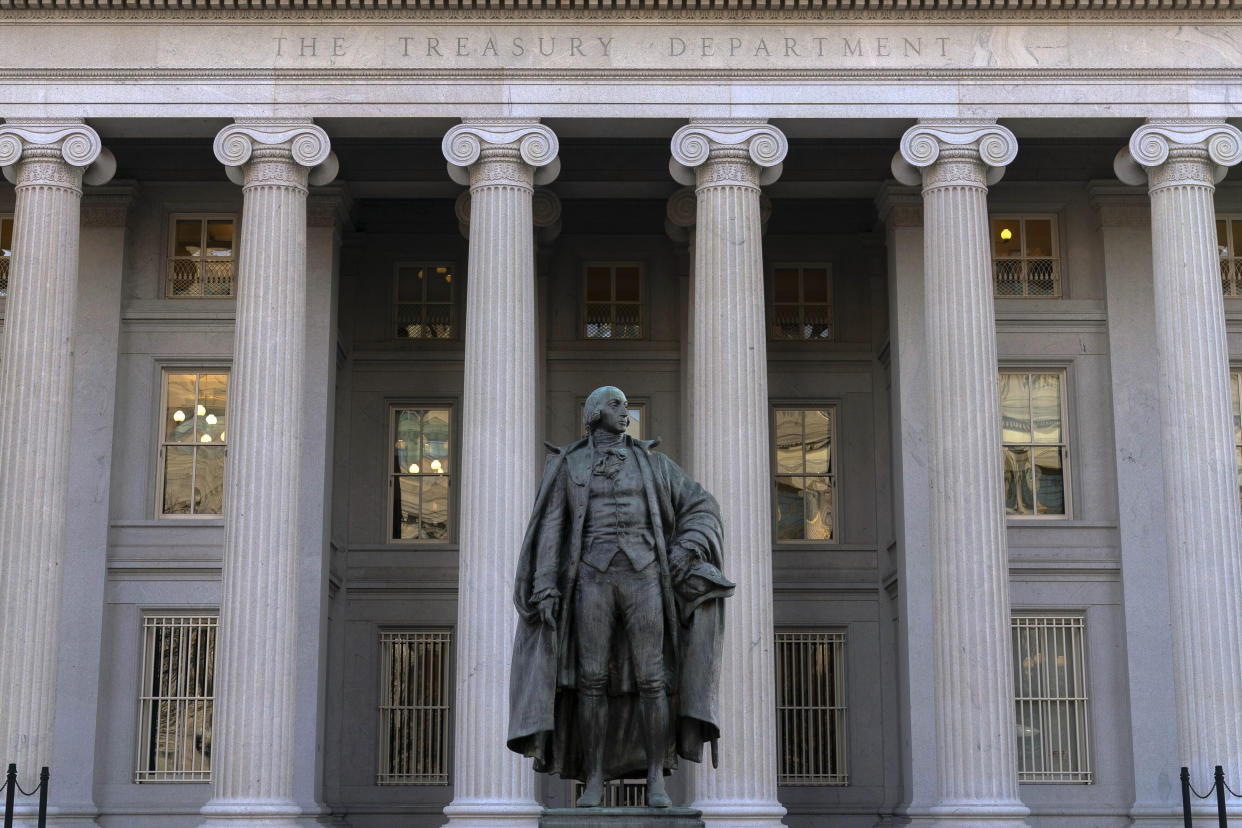In an age where information is both power and vulnerability, whistleblowers have become critical agents of transparency, shining a light on corruption, abuse, and hidden truths. Platforms like Distributed Denial of Secrets (DDoSecrets) have emerged as defenders of this transparency, offering a secure outlet for whistleblowers to share vital information with the world.
Yet, their efforts often walk a fine line between praise and persecution. Governments and powerful entities have repeatedly attempted to label these truth-tellers and their platforms as threats, conflating transparency with criminality. It’s time to confront this misconception: transparency is not a crime.
What is DDoSecrets?
Distributed Denial of Secrets, or DDoSecrets, is a non-profit whistleblower organization committed to free access to information. Much like WikiLeaks, it curates and distributes leaked or hacked data that reveals governmental or corporate misconduct. Unlike its predecessors, however, DDoSecrets prioritizes responsible disclosure, working with journalists to analyze sensitive data while protecting the identities of those involved.
From exposing tax havens to uncovering data breaches, DDoSecrets has established itself as a hub for whistleblowers seeking to reveal the truth without succumbing to fear or retaliation.
Whistleblowers: Heroes or Targets?
Whistleblowers often risk their careers, reputations, and personal safety to expose wrongdoing. From Edward Snowden to Chelsea Manning, they have faced relentless persecution, charged not for falsifying information but for revealing truths inconvenient to the powerful.
DDoSecrets stands as a lifeline for these individuals, enabling them to share their revelations with reduced risk. But in doing so, the organization itself becomes a target. Governments and corporations have labeled DDoSecrets as a "threat to national security," when in reality, their work often holds these same entities accountable for actions that undermine democracy, human rights, and privacy.
The Ethics of Transparency
Critics argue that platforms like DDoSecrets endanger security by leaking sensitive data. However, the ethical stance of DDoSecrets is clear: transparency must serve the public interest. It operates with the understanding that information exposing corruption or violations of the law belongs to the public domain.
For instance, data published by DDoSecrets has unveiled human rights abuses, environmental negligence, and financial crimes. These revelations empower citizens and policymakers alike to demand accountability.
Why Transparency Matters
Transparency is the bedrock of democracy. It ensures that those in power cannot operate in secrecy, immune from scrutiny. Whistleblowers and platforms like DDoSecrets act as checks against this secrecy, reminding us that freedom of information is a fundamental right.
However, this right is under threat. Governments worldwide have enacted laws targeting whistleblowers and those who publish their information. This criminalization of transparency erodes trust in democratic institutions and discourages individuals from speaking out against injustice.
The Way Forward
It’s imperative that we shift the narrative around whistleblowers and platforms like DDoSecrets. Instead of vilifying them, society must recognize their contributions to justice and accountability. Legal protections for whistleblowers should be strengthened, and platforms facilitating their work must be shielded from undue persecution.
Transparency is not a crime—it is a necessity for a just society. As citizens, we must stand in solidarity with whistleblowers and organizations like DDoSecrets, advocating for a world where truth can flourish without fear.
Written & Published by Team Editorial, Evrima Chicago
[email protected]
Send tips to [email protected]




